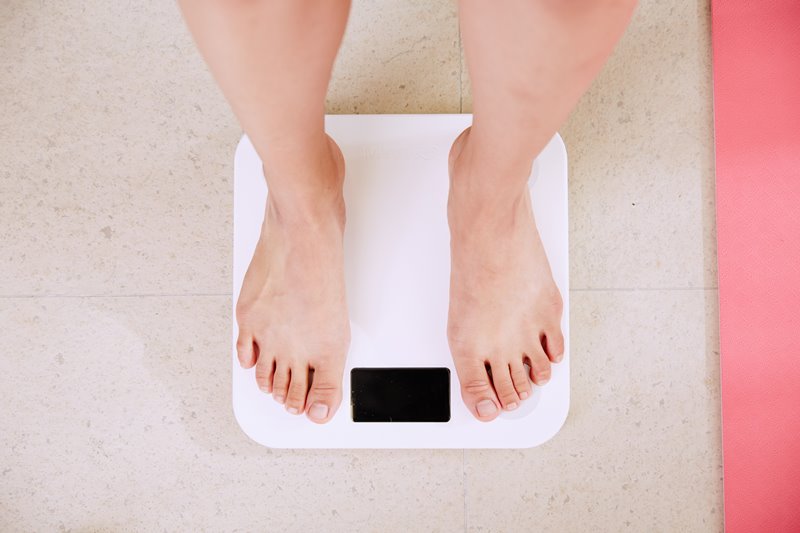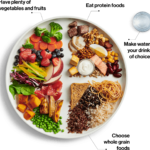Body weight: not the
only determinant of health!
The month of January is well underway and many of you might have taken a New Year’s resolution of losing the pounds to achieve your healthy weight. The latter is traditionally calculated using the Body Mass Index (BMI) which takes into account your weight in relation to your height.
Limitations of BMI
However, BMI as a sole indicator of health proves to be unreliable. For example, this categorisation system does not take into consideration age, sex, ethnicity, bone mass or even the muscle mass of an individual. Hence, an athlete could be wrongly categorised as being overweight or even obese according to his BMI. This is because muscle tissues are denser than fat and increases the body weight of the athlete. But studies clearly show that it is the excess body weight coming from fat which is more associated with negative health issues and not lean tissues such as muscle mass.
On the other hand, some people might have a BMI which is in the normal range but who have poor eating habits such as eating a lot of processed foods and who are very sedentary. Is it reasonable to say that the latter are healthier than other people with a BMI above the normal range but who eat nutritious foods and have an active lifestyle?
Some studies have even demonstrated that a healthy lifestyle including healthy eating habits and regular physical activities could be more beneficial compared to a reduction in weight. BMI therefore should not be used as a diagnostic to screen for any health conditions but merely as an indicator.
It should also be noted that each person has his or her own natural weight which varies from one individual to another and which is determined by genes, age and hormones. So instead of focusing on the number on the scale, let’s try to shift the focus on heathy eating habits such as increasing our consumption of vegetables and fruits, be more in tune with hunger and fullness signals, do more physical activity for pleasure, etc. You will notice that this mindset might help you achieve your natural weight more easily and will help you maintain a healthy lifestyle without doing the yoyo!




